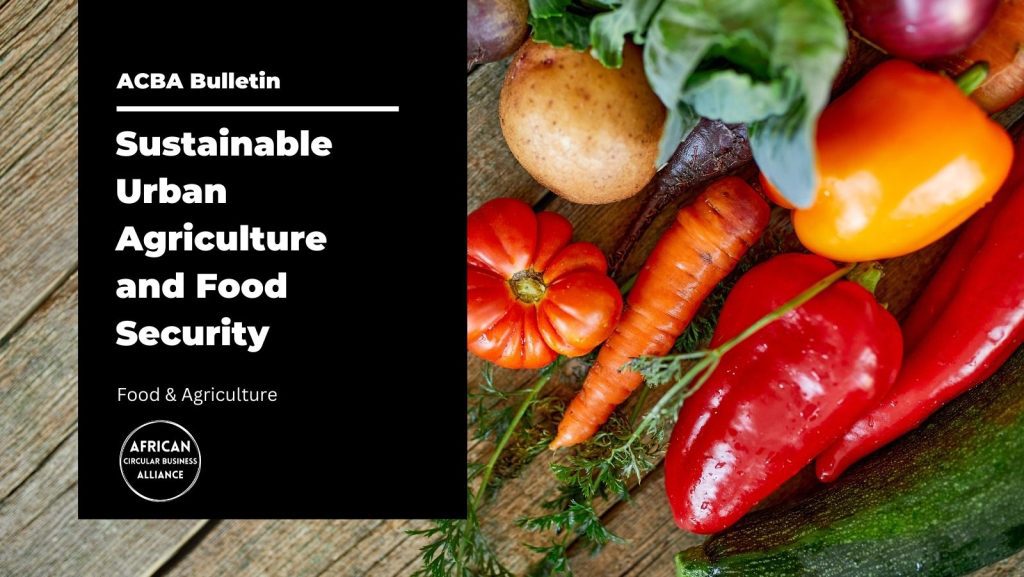
Sustainable urban agriculture is an increasingly popular method for addressing food security in urban areas across the globe, and the potential for such practices in Africa is enormous. By using available urban spaces such as rooftops, balconies, and community gardens to grow crops, urban agriculture can provide a reliable source of fresh, healthy food for city residents while also reducing the carbon footprint associated with the transportation of food.
The African continent has a rapidly growing population, with urbanization rates projected to reach 56 percent by 2050, according to the United Nations. This presents a significant challenge to food security, as traditional agricultural methods may not be able to keep pace with the increasing demand for food. By implementing sustainable urban agriculture, however, African cities can take advantage of their existing urban spaces to produce food in a more efficient and environmentally-friendly manner.
One example of successful sustainable urban agriculture in Africa is the Kibera Farm in Nairobi, Kenya. This project uses innovative farming techniques such as hydroponics and vertical farming to grow vegetables and fruits on small plots of land in the heart of the city. By using minimal water and space, Kibera Farm is able to produce high-quality products that are sold to local residents at affordable prices, improving food security in the area.
In addition to providing a reliable source of food, sustainable urban agriculture also has the potential to create new jobs and economic opportunities for urban residents. For example, community gardens and urban farms can provide employment and income for low-income residents, while also promoting community building and social cohesion.
However, there are also challenges to implementing sustainable urban agriculture in Africa. These include a lack of infrastructure and resources, such as access to water and land, as well as limited knowledge and expertise in sustainable farming techniques. Addressing these challenges will require significant investment and collaboration between government, private sector, and civil society actors.
Despite these challenges, the potential benefits of sustainable urban agriculture for food security and economic development in Africa are substantial. By taking advantage of available urban spaces and implementing innovative farming techniques, cities across the continent can create a more sustainable and equitable food system for their residents.
